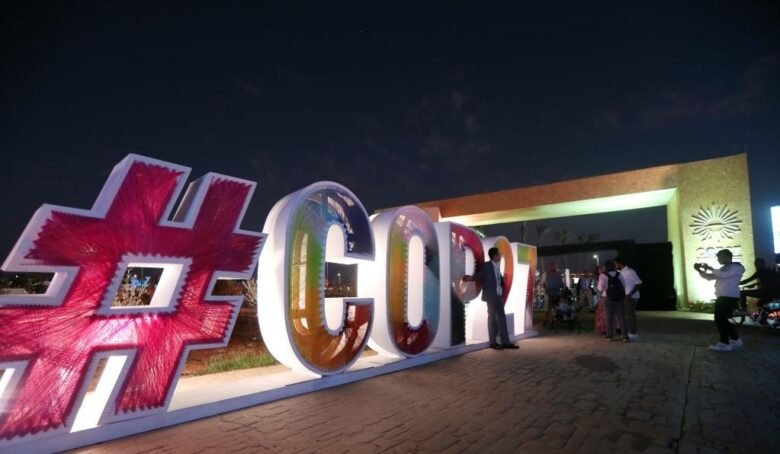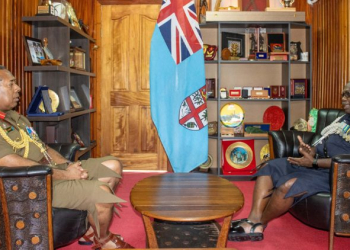Sharm El-Sheikh: The UN Environment Programme (UNEP) announced a new initiative on Wednesday at the 27th United Nations Climate Change Conference (COP 27), the Nature for Cool Cities Challenge, which incentivises cities to use the cooling power of nature.
The Nature for Cool Cities Challenge is a joint effort under the framework of the UNEP-led Cool Coalition. SEforALL, WWF, Mission Innovation, RMI, WRI, the University of Oxford, Durham University and other Cool Coalition members joined forces to set up this challenge.
By 2100, cities around the world could warm by four degrees Celsius on average, exposing the growing urban population to conditions that will damage human health, productivity, and quality of life.
Cities are on the frontlines, dealing daily with the impacts of climate change.
Solutions exist to cool the cities sustainably. The cities can turn to nature to reduce local temperatures and increase the resilience of their citizens. Nature-based solutions such as forests, green belts and parks in and around cities can deliver cooling services, without damaging emissions.
The cooling benefits of such solutions are well-documented, but they need to be better understood and leveraged to increase implementation and bring about change at a global level.
“We have come to COP27 at a time of global crisis, but these crises are a reason to increase our climate ambition, not reduce it. The Challenge’s goal — scaling up nature-based solutions to tackle climate change impacts in cities — is an important one,” said WWF Global Lead for Climate and Energy, Manuel Pulgar-Vidal.
“Cities play a key role in avoiding the most severe impacts of global warming and it is important that we champion ambitious and sustainable efforts to mitigate and adapt to the effects of climate change.”
Municipalities, groups of municipalities, or regional governments will pledge to increase the number of high-quality nature-based cooling solutions by 2030, with demonstrable progress by 2025.
They will have to agree on a quantitative and funding target for local spending, and at least three implementation actions to back their pledges.
“In a warming world, cities have a critical role to play in achieving SDG 7, delivering sustainable cooling, and meeting the climate crisis. We urge them to embrace nature as a tool to cool their cities and pledge to scale up nature-based solutions by joining this challenge,” said Sherry Kennedy, Director of Communications at SEforALL.
“The Nature for Cool Cities Challenge will help us demonstrate the power of urban nature to adapt to the effects of extreme heat, avoid emissions, and reduce energy demand.”
In an effort to harness the power of nature for cooling in the Global South, the Cool Coalition partners convening the challenge will provide incubation support for a cohort of cities in low and lower-middle income countries that require assistance in defining their ambition.
For the award winners, matching finance for implementation of their pledges will be provided, based on the value of investment committed, tiered by the income level of the country, alongside technical assistance, support for the development of partnerships and matchmaking.
“To make peace with nature, we need to rebuild our cities with nature in mind,a said Sheila Aggarwal-Khan, Director of UNEP’s Economy Division.
“But truly replicable nature-based solutions require partnership between local governments, the private sector, experts, and practitioners. It is decisive that financial institutions, investors, and businesses step up and help make this vision a reality.”
The Nature for Cool Cities Challenge will demonstrate urban nature-based solutions’ ability to reduce the urban heat island effect, avoid emissions, and lower energy demand.
One year from now, at COP 28, the Cool Coalition will showcase challenge participants, their pledges, and donor contributions that are helping cities deliver on their pledges.
(IANS)




















